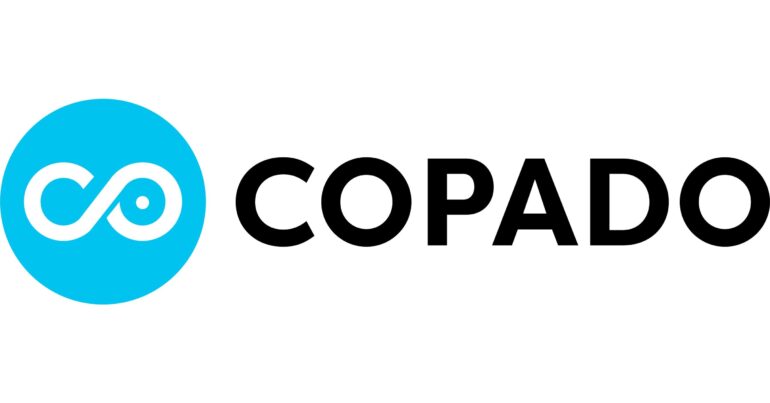TL;DR:
- Copado expands its beta program for Salesforce DevOps with generative AI capabilities.
- ChatGPT accesses a decade of knowledge through vector databases without exposing sensitive data.
- The goal is faster code generation, reduced support response times, and frictionless deployment.
- Impact analysis, conflict detection, and automated documentation are part of the AI solution.
- Governance tools will ensure code quality, with human review remaining essential.
- Copado envisions a future with multiple AI models for various DevOps tasks.
- The transformation aims to shorten development timelines and manage applications at scale.
- The market is on the cusp of significant change in DevOps efficiency and scalability.
Main AI News:
In a significant stride toward revolutionizing the landscape of application development for the Salesforce software-as-a-service (SaaS) platform, Copado is taking a bold step by expanding its beta program. This strategic move extends the reach of generative artificial intelligence (AI) capabilities within the realm of Salesforce development, all made possible through the formidable ChatGPT.
David Brooks, Copado’s Vice President of Product, divulged that the company has embarked on a pioneering journey that leverages vector databases. These databases are the key to unveiling ChatGPT’s prowess, offering a transformative approach that delves into Copado’s decade-long treasure trove of knowledge. The beauty of this approach lies in its ability to augment the large language model (LLM) used for ChatGPT’s training, all without exposing sensitive data that could potentially fuel the next iteration of this groundbreaking generative AI platform.
At its core, Copado’s mission is to empower DevOps teams to expedite code and test generation while simultaneously slashing the time needed to address support inquiries. The ultimate objective is to streamline operations and deliver unparalleled efficiency, as succinctly put forth by Brooks.
Furthermore, Copado is harnessing ChatGPT to facilitate impact analysis and conflict detection. This ingenious application is set to minimize the friction encountered during the deployment of applications in production environments. A vexing issue today is the lack of clarity among DevOps teams about the intricacies of code deployment, leading to avoidable rollbacks in application deployments. Copado’s solution, powered by generative AI, seeks to mitigate this challenge, as astutely highlighted by Brooks.
The transformative potential of generative AI extends to the realm of documentation. Copado envisions an automated future where release notes for every deployed application are effortlessly generated, reducing the toil experienced by DevOps teams, as artfully emphasized by Brooks.
Going a step further, Copado is poised to introduce governance tools. These tools will empower DevOps teams to ensure that the code produced by an LLM does not stem from a mere hallucination caused by conflicting data. While the need for human code review remains essential, Copado aims to fortify this process with AI-powered checks, as articulated by Brooks.
In the long run, Copado envisions a landscape where organizations can harness multiple LLMs tailored to specific functions. From coding to application deployment, cybersecurity assessment, and compliance adherence, DevOps teams are poised to embrace a multifaceted future, according to Brooks.
The grand vision is clear: endeavors that currently span weeks will soon be executed within a single day. Concurrently, organizations will gain the upper hand in managing application environments at a scale previously considered insurmountable. Generative AI’s transformative prowess is set to simplify the complex task of handling applications on an unprecedented scale, affirms Brooks.
Yet, as innovation accelerates, organizations must grapple with the question of readiness. The pace at which software can be developed and updated may outstrip the adaptability of business processes. The extent to which generative AI will reshape DevOps remains uncertain, but one thing is undeniable: the manual hindrances and bottlenecks that impede application development and deployment are on the brink of extinction, a remarkable transformation that few could have foreseen just over a year ago.
Conclusion:
Copado’s strategic expansion into AI-driven Salesforce DevOps signifies a pivotal shift in the market. With advanced capabilities like AI-driven code generation, impact analysis, and automation, organizations can expect accelerated development and enhanced efficiency. However, the rapid pace of innovation may challenge existing business processes, necessitating agile adaptations to fully harness this transformative potential.

